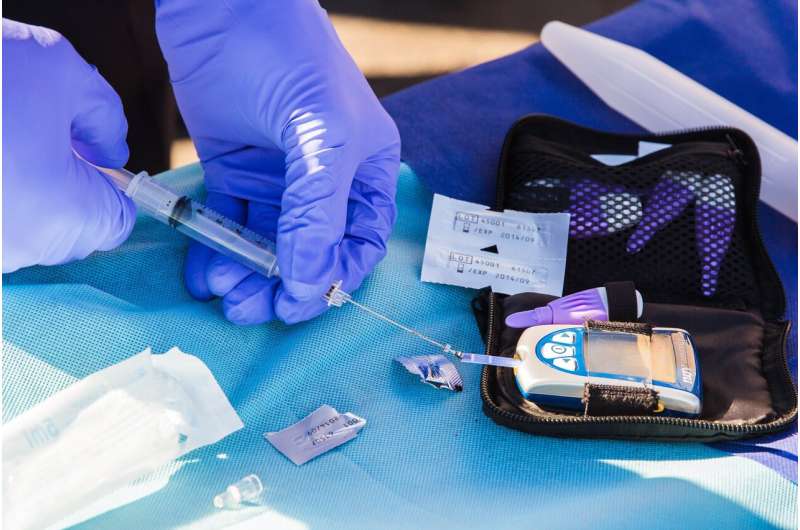New scientific resource will help uncover the genetic underpinnings of type 2 diabetes

Many variants in the human genome have been linked to type 2 diabetes, but because most do not lie within genes that code for proteins, it's unclear how they might cause disease. Now an international team, including investigators at Massachusetts General Hospital (MGH), has developed a resource to help uncover the impact of these genetic variants.
The work, which is described in Cell Reports, relies on the knolwedge that abnormalities in groups of pancreatic cells called islets, which produce and release hormones that regulate blood sugar levels, drive the development of type 2 diabetes. Unfortunately, however, it's very difficult to obtain samples of human islets. To overcome this challenge, scientists from Spain, Belgium, Italy, Sweden, Finland, the UK, and the US banded together to obtain more than 500 human islet samples from patients with and without type 2 diabetes and to extract genomic and gene expression data from these samples. With these data, the researchers created what they named TIGER (for Translational human pancreatic Islet Genotype tissue-Expression Resource).
The research required collecting and examining an enormous amount of information, which was made possible through the use of supercomputing resources and new statistical methods.
Analyses of TIGER revealed that certain genetic variants in islets from patients with type 2 diabetes control the expression of particular genes. So far, 32 novel genes were identified that may contribute to type 2 diabetes risk.
"This resource will be very useful to identify genes that may be related with the genetic variants that we have found associated with type 2 diabetes," says co–senior author Josep M. Mercader, Ph.D., a research-scientist at MGH's Diabetes Unit and Center for Genomic Medicine. "Knowing the gene behind a given genetic association is the first step for identifying potential drug targets, or to better understand the physiology of different types of diabetes."
TIGER's data are publicly available and easily accessible to the diabetes research community through the TIGER web portal.
"We are proud that we are now able to share this wealth of data to the scientific community in an easily accessible way for all researchers in the type 2 diabetes field, without the need of computational or bioinformatic expertise," says co–lead author Lorena Alonso, of the Barcelona Supercomputing Center, in Spain, one of the developers of the TIGER portal.
More information: Lorena Alonso et al, TIGER: The gene expression regulatory variation landscape of human pancreatic islets, Cell Reports (2021). doi.org/10.1016/j.celrep.2021.109807
TIGER web portal: tiger.bsc.es/




















